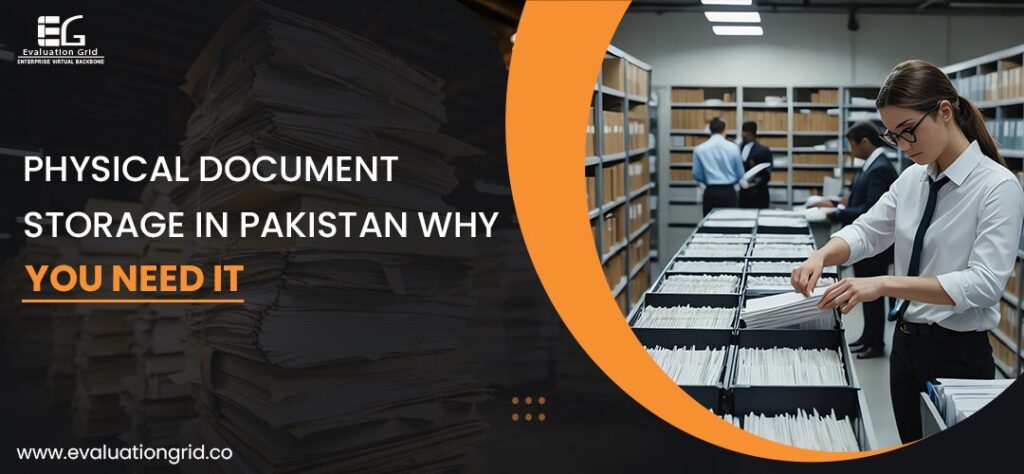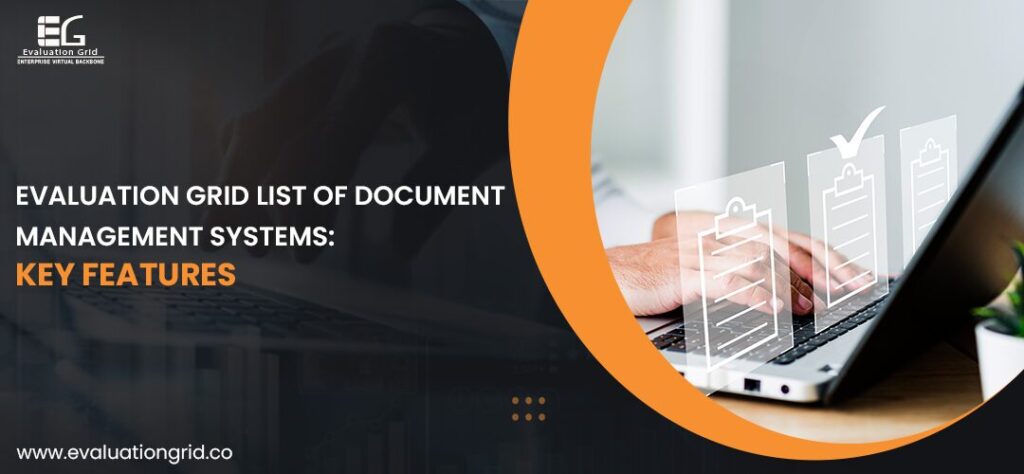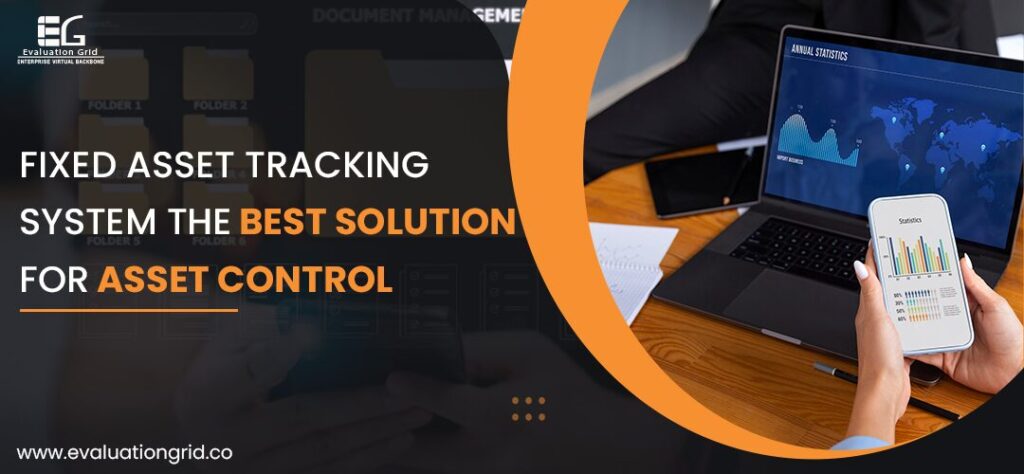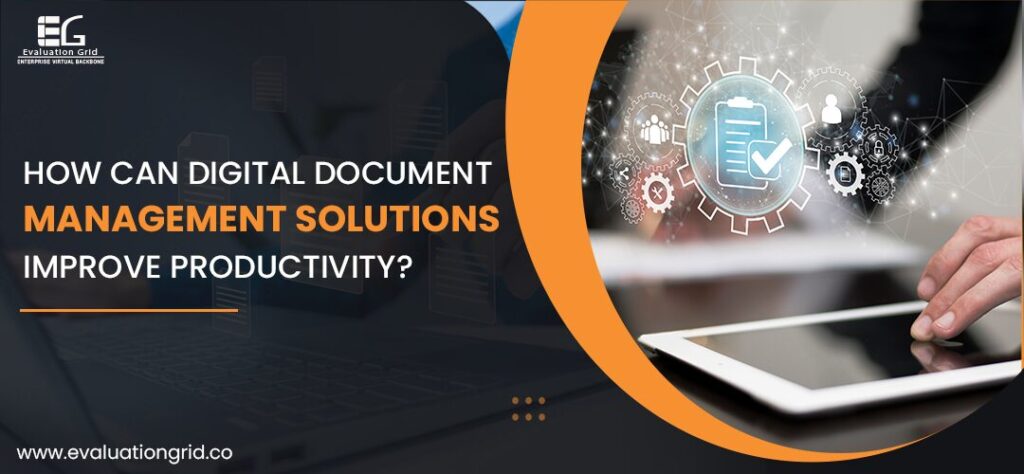Fixed Assets Solutions in Pakistan How They Help

Management of fixed assets is imperative when there are rapid changes going on in the business landscape of Pakistan. Fixed assets comprising properties, machinery, vehicles, and equipment form an indispensable part of any operation and drive the growth of any venture. Still, managing these assets often poses a complex and challenging task. In this article, […]
Types of Document Management Systems Which to Choose

Choosing the right document management system (DMS) can dramatically improve your business’s efficiency, collaboration, and information security. However, with the hundreds of DMS currently available, confusion comes easily in what will work best. In this article, we will discuss different types of document management systems and some guidelines for selecting the perfect fit for your […]
Physical Document Storage in Pakistan Why You Need It

In today’s digital age, managing physical documents may seem outdated, but physical document storage remains crucial for many organizations in Pakistan. Maintaining a system for physical records is crucial for security concerns, historical value, or legal obligations. This article will examine why physical document storage in Pakistan is still essential, its advantages, and the tools […]
Evaluation Grid List of Document Management Systems Key Features

Modern digital times call for effective document management if any company is to run as it should. Apart from saving time and money, a well-organized document management system (DMS guarantees that important data is easily available as needed). Evaluation Grid provides a thorough list of document management systems meant to fit different corporate requirements. Important […]
Fixed Asset Tracking System The Best Solution for Asset Control

Businesses trying to lower expenses and improve general output depend mostly on effective management of fixed assets. The best way for businesses to guarantee exact asset management is to use a fixed asset tracking system. This system not only simplifies the process but also ensures accurate control of assets across multiple locations What Is a […]
How Can Evaluation Grid Improve Your Financial Recovery Services?

Financial recovery services play a crucial role in helping organizations reclaim lost or overdue funds, which also guarantee operational continuity and financial stability. Businesses must have dependable tools to properly manage these operations in the always changing financial terrain. Here is where the Evaluation Grid finds application. Providing cutting-edge solutions catered to different financial recovery […]
Debt Recovery Solutions Collection Agency: Your Guide to Financial Freedom

In today’s challenging economic climate, managing finances can be daunting for individuals and businesses. Quick debt accumulation can cause financial stress and a seemingly endless cycle of payments. Many people feel it vital to be able to release this weight. A qualified debt recovery solutions collecting agency will enable you to take back control over […]
Evaluation Records Management Service for Better Business Organization

In today’s hectic company, effective evaluation record management is needed. Businesses handle enormous volumes of documentation and data daily, from client information to financial records. Good management of these records guarantees flawless operations, regulatory compliance, and better decision-making. An evaluation records management service helps one to achieve this. What is an Evaluation Records Management Service? […]
Digital Document Management Solutions for Enhanced Efficiency

Efficiency rules the fast-paced corporate environment of today. Whether you manage a little firm or a big company, your output will be much enhanced by your capacity to fast and precisely handle documentation. This is where digital document management solutions come into play. But how exactly can they boost productivity? The Basics of Digital Document […]
The Future of Digital Imaging solution: Trends to Watch in 2024.

Future of Digital Imaging Solutions trends that capture, save, and use visual information in a whole new way because of digital imaging. Among the several industries where digital image solutions are now indispensable and imaging. Approaching 2024, digital imaging solutions will see a transformation. This site will look into these advancements and how they affect […]

